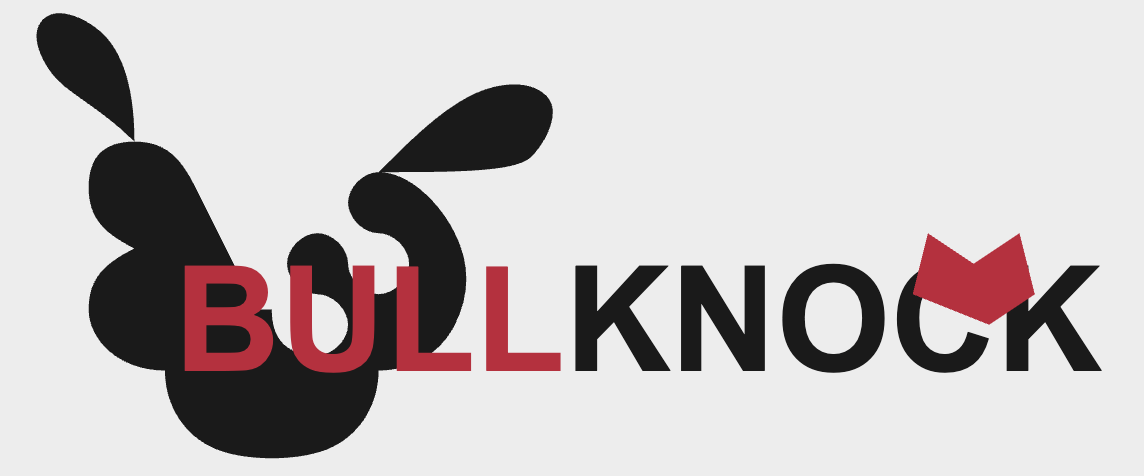Introduction
In a significant move for the crypto industry, Deutsche Boerse’s Clearstream has announced plans to offer Bitcoin and Ethereum custody services.
This development marks a big step toward mainstream institutional adoption of cryptocurrencies in Europe and beyond.
It signals a shift in how traditional finance is embracing digital assets.
Who Is Clearstream?
Clearstream is one of the largest securities settlement and custody providers in Europe.
It is a key part of Deutsche Boerse Group, which runs Germany’s stock exchange.
Clearstream manages trillions of dollars in assets, serving banks, asset managers, and institutional clients.
What Is Crypto Custody?
Crypto custody involves safekeeping digital assets like Bitcoin and Ethereum on behalf of clients.
Institutional investors require regulated, secure, and insured custody solutions to hold large amounts of crypto.
Custody services handle private keys, security, and regulatory compliance, making crypto safer for big investors.
Why Is This Announcement Important?
Clearstream’s entry into crypto means traditional finance is embracing digital assets at a high level.
It gives institutional investors confidence that they can buy and hold crypto with professional security.
This move could unlock billions in new investments from firms that have been waiting for trusted custody solutions.
What Assets Will Be Custodied?
Clearstream will start by offering custody for Bitcoin and Ethereum, the two largest and most recognized cryptocurrencies.
Over time, it may expand to regulated stablecoins and tokenized assets.
These services will follow strict European regulations and security standards.
Impact on Institutional Investors
Institutional investors like pension funds, insurance companies, and hedge funds now have access to secure crypto custody.
This reduces risks like hacking and theft, which have prevented many institutions from investing in crypto.
It also opens the door for regulated investment products, such as crypto ETFs and bonds.
Impact on European Crypto Regulation
Clearstream’s move aligns with the European Union’s MiCA (Markets in Crypto-Assets) regulation.
MiCA provides a clear framework for offering crypto services, including custody.
This shows that regulated institutions can safely operate in the crypto space, boosting overall trust.
Competition in the Crypto Custody Market
Clearstream’s entry puts pressure on other financial giants like Fidelity, BNY Mellon, and Coinbase Custody.
These firms are also racing to serve institutional crypto investors.
More competition could lead to better services, lower fees, and more innovation in the custody space.
Challenges and Risks
Security threats remain a top concern in crypto custody.
Clearstream must maintain state-of-the-art security and insurance to protect client assets.
Regulatory scrutiny may increase as more traditional firms move into crypto, especially around AML/KYC compliance.
Future Expansion Beyond Bitcoin and Ethereum
If Clearstream’s custody services succeed, they may add support for other assets like Polkadot, Solana, or security tokens.
There is also potential for integrating DeFi assets and staking services for institutions.
Tokenization of real-world assets, like stocks and bonds, could be part of Clearstream’s long-term crypto strategy.
What Experts Are Saying
Institutional investors view Clearstream’s move as a green light to enter crypto safely.
Crypto analysts see this as validation of Bitcoin and Ethereum as long-term assets.
Regulators may welcome this step as a way to bring crypto under formal oversight.
Conclusion
Clearstream’s plan to offer Bitcoin and Ethereum custody is a major step in the mainstream adoption of crypto.
It bridges the gap between traditional finance and the digital asset economy, providing secure access for institutions.
As more players like Clearstream join the crypto space, the industry moves closer to becoming a core part of global finance.











